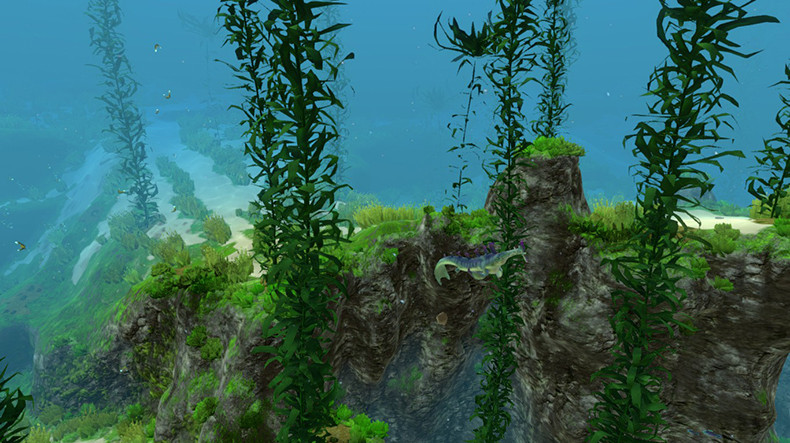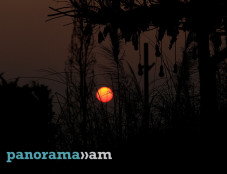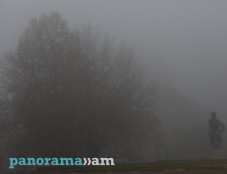
Plant-like fossils, believed to be red algae, found in 1.6 billion-year-old rocks
Writing in PLOS Biology, Swedish researchers have reported the discovery of multicellular fossils of what they believe is red algae in 1.6 billion-year-old rocks from India, ABC news reports.
They said the find pushed back the date of the oldest-known identifiable complex plant-like fossil — also red algae — by 400 million years.
The researchers found two different types of fossils; two were thread-like, the other had fleshy lobed structures.
When they peered inside the fossils using synchrotron-based X-ray tomography — an imaging technique similar to CT scanning but more powerful — the researchers identified cellular structures known as rhomboidal platelets, which the algae might have used for photosynthesis.
The oldest known red algae before the present discovery are 1.2 billion-year-old. The Indian fossils, 400 million years older and by far the oldest plant-like fossils ever found, suggest that the early branches of the tree of life need to be recalibrated, the Indian Times reports.
Newsfeed
Videos






























